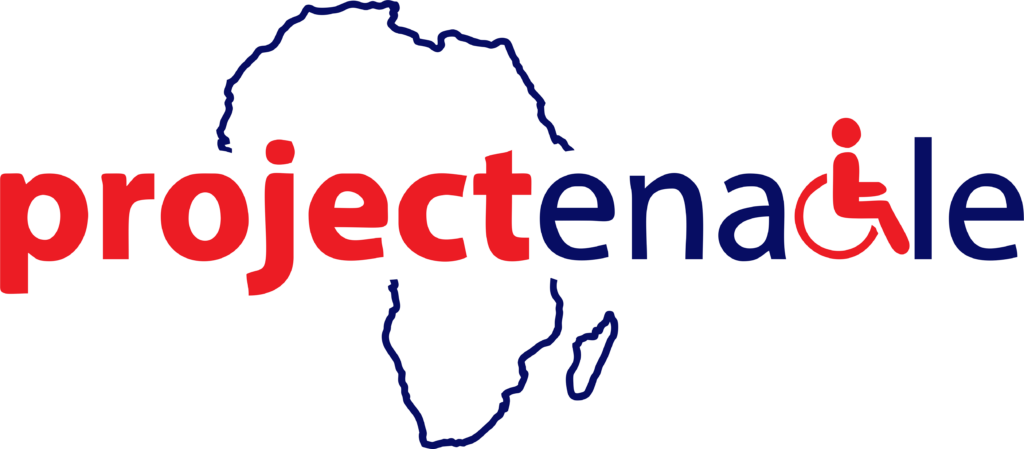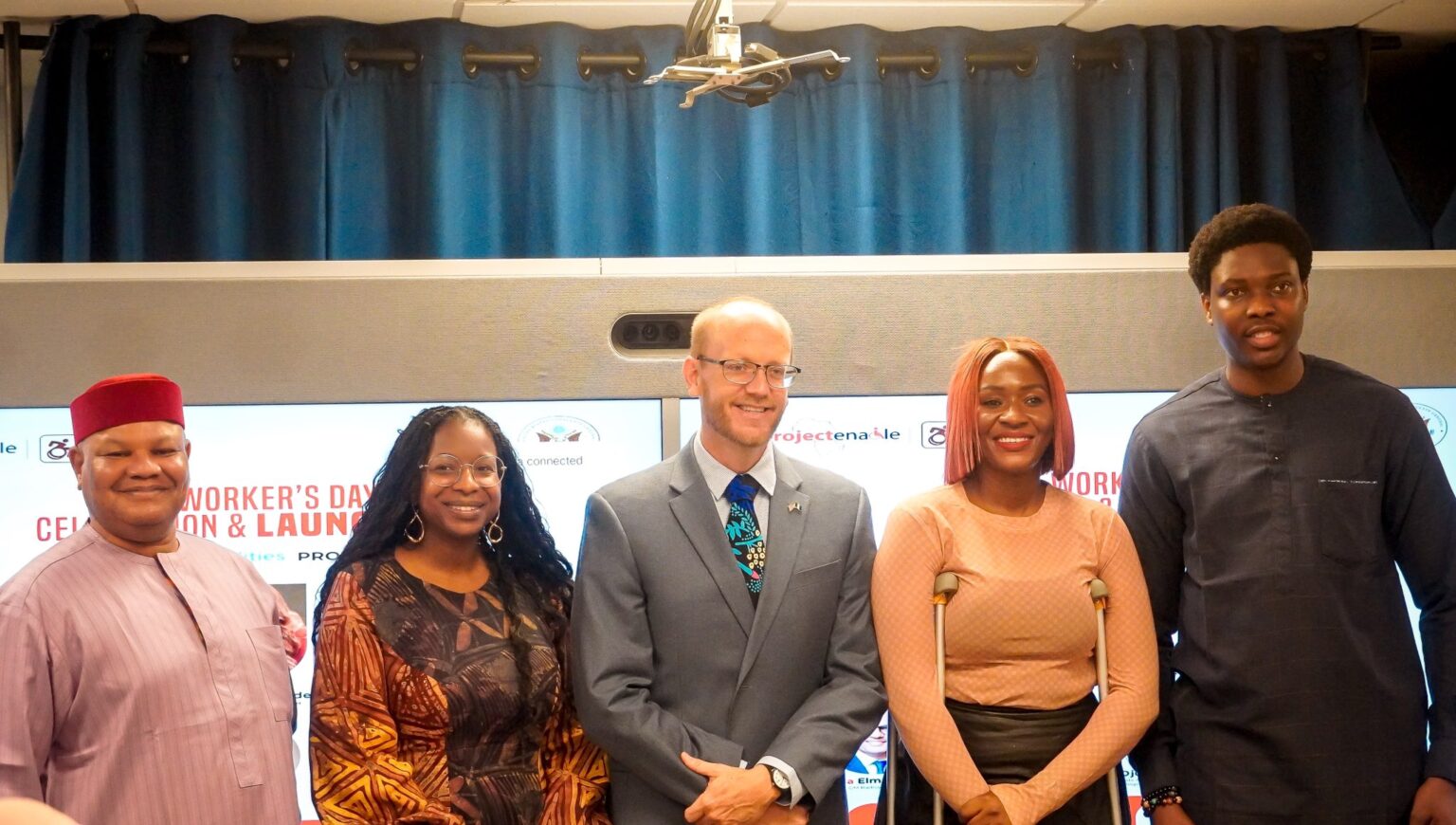Project Enable Africa (PEA), a non-governmental organisation, has called for increased inclusivity in the workplace for persons with disabilities (PWDs).
The event which held on May 2, was sponsored by the US Department of State Bureau of Educational and Cultural Affairs, with support from the US consul-general.
Stakeholders took turns to address issues pertaining to workplace inclusivity.
Olusola Owonikoko, PEA executive director, spoke on the theme: ‘Promoting Inclusive Economic Opportunities for Persons with Disabilities’, and linked his address to Workers’ Day commemorated hours earlier.
Owonikoko said it is important to include persons with disabilities in the nation’s workforce, in order to give them a sense of belonging and foster productivity.
He noted that with the trainings offered to PWDs by PEA, employers can look to hire them and be certain of getting the best.
“For over 10 years, we have advocated for disabilities right, empowering persons with disabilities with employability skills and business skills and our goal is simple — to promote access to economic opportunities and to strengthen the community resilience of persons living with disabilities not just in Lagos but across Nigeria,” Owonikoko said.
“And the way we have done that is to do a lot of of advocacy.
“And advocacy is at different levels — engaging with public sector leaders, executive arm of government and those who support these laws — that it is not just to have a disability law, thankfully we do now.
“But beyond that is people taking positive action like we are engaging the government to also provide enabling environment, from inclusive infrastructure to inclusive healthcare.
“But a significant part of our work is with the private sector — the employers. When persons with disabilities have jobs and can earn money, their dignity is restored and they can become active citizens and they can aspire for leadership.
“We are open to work with any private sector player across Nigeria to help them on the journey to disability inclusion, give them access to a pool of talent with disabilities and provide training services and everything needed to make sure we are compliant with the disability law.”
Kola Olugbodi, chief executive officer (CEO) of Background Check Africa, called on employers to create 5 percent slot for PWDs in their workforce.
He explained that the biggest challenge PWDs face is discrimination, which the Disabilities Act addresses.
He urged PWDs to always demand for a better environment for inclusivity to be attained.
“Some establishments have zero persons with disabilities. Let them start with having 5 percent before we can call for 10 percent,” Olugbodi said.
“The biggest challenge PWDs face is discrimination. Having established the first background check company in Nigeria as a PWD, imagine what other persons living with disabilities can achieve if given the opportunity.
“We need to demand for our right for the Act to be as active as we want it to be. An average Nigerian doesn’t even know that this Act exists. So we need to keep creating awareness to see that things are done the right way.”
On his part, Will Stevens, US consul-general, commended PEA for its effort in demanding inclusivity for PWDs, noting that this will drive innovation and economic growth.
He reiterated the US mission’s support for persons with disabilities, encouraging them to always hold the public to account and speak up when they face any form of discrimination.
“Today we are here to commemorate an incredible project at the US mission here in Nigeria, supporting and giving $30,000 to an organisation called Project Enable, which is about growing economic and entrepreneur opportunities for people with disabilities here in Nigeria,” Stevens said.
It’s a long going effort that we need to build a more inclusive society around the world. It’s something we deeply believe in as Americans.
“As you build a more inclusive society, you build a better society… something that gives more opportunity for economic growth. Entrepreneurship and inclusivity drive innovation.”


